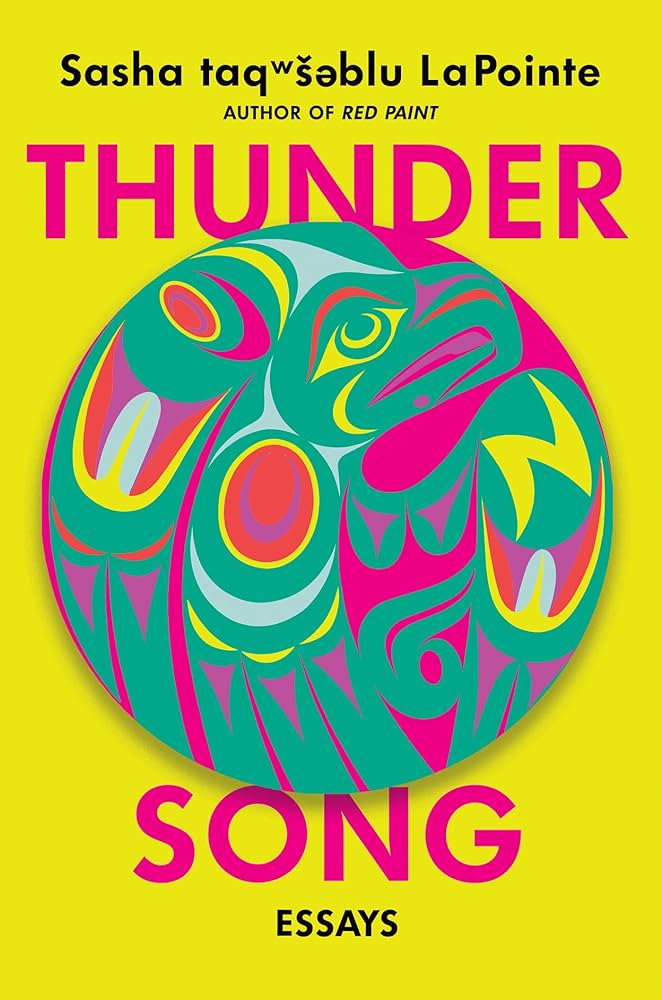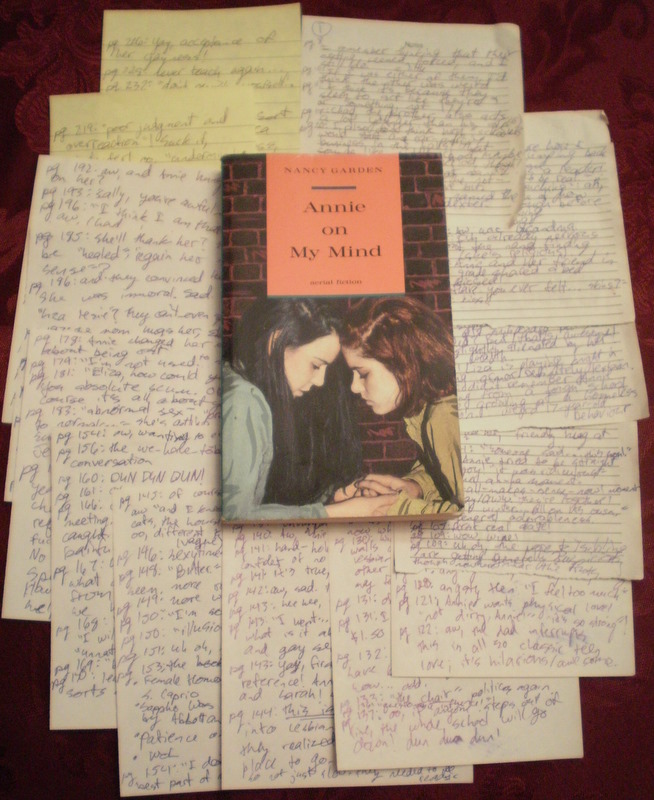Freiya’s Stand gives room for queer women to embrace their religious faith, kinky desires, and career aspirations, as well as room for dreaming. Freiya and Sabrina live strictly compartmentalized lives as teachers at St. Agatha of Sicily, a private Catholic school for primary and secondary students, lest anyone find out that they’re dating. Both women grew up in Catholic families and value their faith, even though this sets them at odds with school policy and family. The couple alternates commute routes, maintains a professional facade, and keeps spanking behind closed doors. They also face staff lay-offs, dwindling funds, large classroom sizes, and reduced support for teachers. When the principal mandates all teachers sign a “Covenant of Faith” condemning “perverted sexuality” and other “immoral or unethical behavior”, Sabrina and Freiya butt heads. Sabrina wants to sign the form, but Freiya resists. Most of the faculty eventually go along with it in order to keep their jobs. When Freiya fails to play ball with the new requirements, her life falls under the principal’s close scrutiny.
The novella alternates between past and present, illuminating pivotal moments in the women’s lives that color their relationship, family interactions, and careers. Quick pacing allows Vitsky to move between key events and establish character personalities. Sabrina is an exemplary high school English teacher with exacting standards, both for her students and for her choice of ketchup. Freiya, a new kindergarten teacher, has a soft heart for her students and a penchant for culinary confections. Sabrina’s Gran is the most vibrant and essential secondary character. A full-length novel treatment would give room for fleshing out events mentioned only in passing and for less nuanced characters that seem to exist primarily as plot drivers. Certain elements of the conclusion (the final two to three pages, in particular) feel rushed. It works well, for the most part, as a novella. Overall, Freiya’s Stand is a thoughtful and engaging tale.
Freiya and Sabrina have a consensual kink arrangement. This drives their dynamic at home, as well as how they behave in the wider world. One of my favorite moments involves Shakespeare and spanking. I’ll let that sit with you until you read it for yourself! While Sabrina assumes the dominant role, Freiya is vocal in what is and is not okay. Readers first encounter this aspect of their relationship after they disagree over the “morality” contract at school. Some of the interplay between emotional and physical exchanges becomes muddled as their stress increases. It does not cross over into domestic abuse. However, some readers may find certain passages distressing.
Catholicism also plays an integral part in how the characters view themselves, deal with challenges, and guide their lives. Both women value their faith, but don’t agree on how it intersects with their sexuality and public life. This provides much of the friction between them throughout the story. This is the second story that I’ve read in which the reconciliation of faith and queerness are central themes. The other story (which I definitely recommend) is Georgia Peaches and Other Forbidden Fruit by Jaye Robin Brown.
LGBT+ folks can still lose their jobs in many states or have limited protections based on sexuality and gender identity. Visit the Human Rights Commission at HRC.org for more information. It is heartening to see local religious congregations marching in support at Pride and to see rainbow flags near the front doors of churches, welcoming everyone.
You can read more of Julie’s reviews on her blog, Omnivore Bibliosaur (jthompsonian.wordpress.com)



